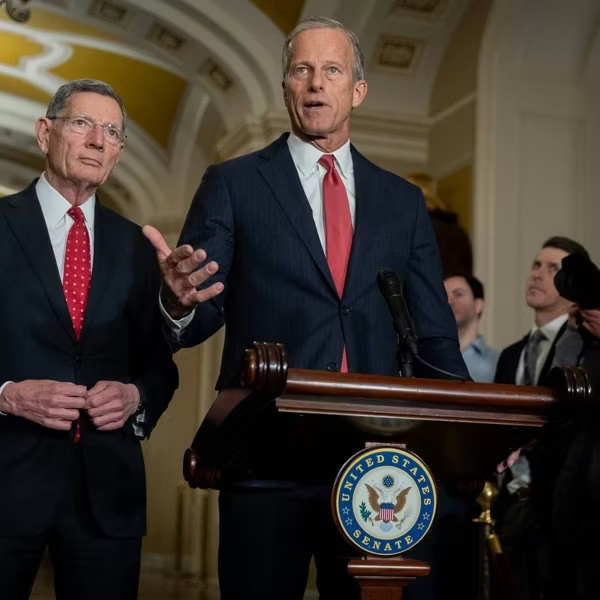Two progressive Democrats are teaming up to push legislation to curb corporate America's capture of the federal government's regulatory process.
Rep. Pramila Jayapal (D-Wash.) and Sen. Elizabeth Warren (D-Mass.) on Wednesday announced a new bill called the Experts Protect Effective Rules, Transparency, and Stability (EXPERTS) Act that aims to restore the role of subject matter experts in federal rulemaking.
Specifically, the bill would codify the Chevron doctrine, a 40-year legal precedent overturned last year by the US Supreme Court, which held that courts should be broadly deferential to decisions made by independent regulatory agencies about interpretations of congressional statutes.
The legislation would also push for more transparency by requiring the disclosure of funding sources for all "scientific, economic, and technical studies" that are submitted to agencies to influence the rulemaking process.
Additionally, the bill proposes speeding up the regulatory process by both "excluding private parties from using the negotiated rulemaking process" and reinstating a six-year limit for outside parties to file legal challenges to agencies' decisions.
In touting the legislation, the Democrats pitched it as a necessary tool to rein in corporate power.
“Many Americans are taught in civics classes that Congress passes a law and that’s it, but the reality is that any major legislation enacted must also be implemented and enforced by the executive branch to become a reality,” said Jayapal. “We are seeing the Trump administration dismantle systems created to ensure that federal regulation prioritizes public safety. At a time when corporations and CEOs have outsized power, it is critical that we ensure that public interest is protected. This bill will level the playing field to ensure that laws passed actually work for the American people."
Warren, meanwhile, argued that "giant corporations and their armies of lobbyists shouldn’t get to manipulate how our laws are implemented," and said that "while Donald Trump keeps selling away influence over our government, we’re fighting to ensure the rules are being written to help working Americans, not corporate interests."
The proposal earned an enthusiastic endorsement from Public Citizen co-president Lisa Gilbert, who described it as "the marquee legislation to improve our regulatory system."
"The bill aims directly at the corporate capture of our rulemaking process, brings transparency to the regulatory review process and imposes a $250,000 fine on corporations that submit false information, among other things," she said. "The bill is essential law for the future of our health, safety, environment, and workers. Public Citizen urges swift passage in both chambers."




